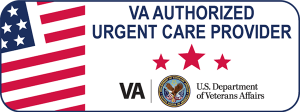It's Respiratory Season.
Avoid the Triple Threat: Influenza, COVID-19, and RSV
Walk in or book an appointment now
Walk-ins are always welcome, or book now online for convenient care on your schedule.
$0 copay flu shots with insurance
We accept most major insurances. Find out if we accept yours here.
The key to stopping the spread is to prevent it.
Getting your annual flu vaccine helps reduce your risk of contracting influenza and its severity.
With rare exceptions, everyone six months and older should get an influenza vaccination every year. According to the Centers for Disease Control, the best time to get a flu shot is from September to October. Ideally, everyone should be vaccinated by the end of October.
Influenza vs. COVID-19 vs. RSV
According to the Centers for Disease Control, the symptoms of influenza, COVID-19, RSV, and other respiratory illnesses can be similar. The differences between these illnesses cannot be identified based on symptoms alone. Medical evaluation is essential to determine which illness you have, confirm a diagnosis if you have flu or COVID-19, and determine if you meet the criteria for antiviral therapy. There is no specific treatment for RSV other than steps to relieve symptoms and help your body fight the infection.
Influenza Symptoms
Flu symptoms usually come on suddenly and people who have flu often feel some or all of these symptoms:
- Fever* or feeling feverish/chills
- Cough
- Sore throat
- Runny or stuffy nose
- Muscle or body aches
- Headaches
- Fatigue (tiredness)
- Some people may have vomiting and diarrhea, though this is more common in children than adults.
*It’s important to note that not everyone with flu will have a fever.
COVID-19 Symptoms
COVID-19 symptoms may appear 2-14 days after exposure (based on the incubation period of MERS-CoV viruses):
- Fever or chills
- Cough
- Shortness of breath
- Sore throat
- Congestion or runny nose
- New loss of taste or smell
- fatigue (tiredness)
If you develop emergency warning signs for COVID-19 get medical attention immediately by dialing 9-1-1. Emergency warning signs include*:
- Trouble breathing
- Persistent pain or pressure in the chest
- New confusion or inability to arouse
- Bluish lips or face
*This list is not all inclusive. Please consult your medical provider for any other symptoms that are severe or concerning.
RSV Symptoms
RSV symptoms most commonly appear about 4-6 days after exposure to the virus:
- Low grade fever
- Nasal congestion or runny nose
- Cough
- Sore throat
- Headache
- Fatigue (tiredness)
- Wheezing
Could it be Measles?
Measles is a highly contagious disease that can be dangerous, especially for babies and young children. With recent measles outbreaks in our state, it’s important to recognize the symptoms and take appropriate precautions.
Symptoms to watch for: Measles typically begins with a high fever, cough, runny nose, and red eyes, followed by a rash that usually appears 3-5 days later.
Who is at risk? Measles spreads easily to those who are unvaccinated or under-vaccinated. Even brief exposure can lead to infection.
If you suspect measles: Please schedule a virtual visit instead of coming to the clinic. Our telemedicine clinicians can evaluate your child’s symptoms, determine if measles testing is needed, and guide your next steps while preventing exposure to others in our community.
This is especially important if your child has a high fever and rash and is unvaccinated or under-vaccinated.
Frequently Asked Questions about Flu vs. COVID vs. RSV
How will I know if I have flu, COVID-19, or RSV?
You can’t tell the difference between the flu, COVID-19, and RSV just by symptoms. Testing is crucial to identify which illness you have. Novant Health Urgent Care offers testing for both the flu and COVID-19. We do not vaccinate for COVID-19, nor do we vaccinate or test for RSV, but taking preventive steps can help reduce your risk of infection.
Will a flu vaccine protect me against COVID-19 or RSV?
Flu vaccines are made to protect against influenza, not COVID-19 or RSV. Getting a flu shot reduces your chances of getting the flu, ending up in the hospital, or dying from the flu, but it does not protect against COVID-19 or RSV. For protection against COVID-19, a COVID-19 vaccine is advised. We do not provide vaccines for COVID-19, nor do we vaccinate or test for RSV, but following preventive measures can help lower the risk of infection.
Should I still get a flu vaccine if COVID-19 and RSV are spreading in my community?
Yes. Getting a flu vaccine every year is essential to protect your health and your family’s. Despite the high rates of COVID-19 and RSV, the flu vaccine remains a key part of defending against respiratory illnesses. Walk in or book online at any Novant Health Urgent Care location.
If I get sick with the flu, am I at higher risk of contracting COVID-19 or RSV?
Although flu and COVID-19 are different viruses, it is possible to be infected with both at the same time. Even though there is no clear evidence that flu infection increases your risk of catching COVID-19 or RSV, getting vaccinated against flu and COVID-19 can lower the chance of severe illness from these viruses.
Can I get a flu vaccine and a COVID-19 vaccine at the same time?
Yes. Flu vaccines and COVID-19 vaccines can be administered at the same time.
We do not provide vaccines for COVID-19, nor do we vaccinate or test for RSV.
Does Doctors Care offer testing and care for RSV?
We treat patients with RSV. We do not vaccinate or test for RSV, but preventive measures can help lower the risk of viral infection. Although there is no specific treatment for RSV, you can take steps to ease symptoms and help your body fight against the illness. If you think you have RSV, visit one of our locations for expert care and guidance.
Frequently Asked Questions About the Flu Vaccine
What kind of influenza vaccination do you provide?
Novant Health Urgent Care provides trivalent flu vaccines designed to protect against the strains of flu viruses most likely circulating this season.
Do I need to be concerned if I have an egg allergy?
The flu vaccine provided by Novant Health Urgent Care is not produced in chicken eggs, so most people with egg allergies can receive it.
Protect yourself against the triple threat by staying up to date with your vaccinations and seeking prompt care at Novant Health Urgent Care.
High Risk Patients*
As a reminder, people at greater risk of severe disease or complications when infected are:
*Please make your healthcare provider aware if you qualify as a high-risk patient, or if you are the guardian of a patient who is high-risk.


